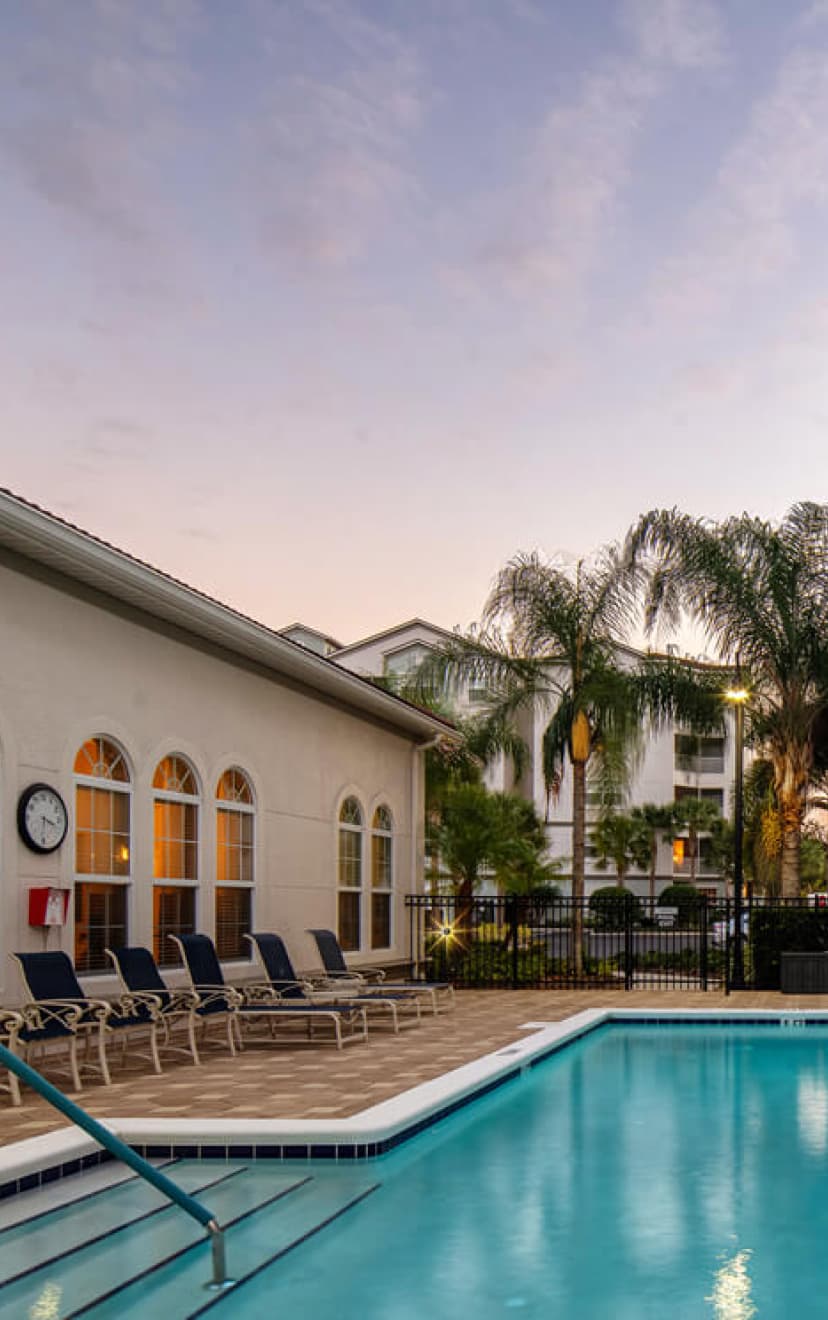Senior living communities are designed to meet the unique needs and challenges of older adults.
Although these communities may vary in their services, amenities, and levels of care, they are committed to creating a safe and supportive environment for seniors.
Whether you’re fully independent and looking for a socially active environment or require assistance with personal care or memory care, senior living communities provide services tailored to each individual’s needs.
Assisted living, independent living, and memory care are excellent options, but the differences can be confusing.
Assisted living communities are perfect for seniors who are generally healthy but need help with personal care. In contrast, independent living communities are an excellent fit for fully independent seniors looking for a social environment. Memory care communities are designed to address the unique needs of seniors with Alzheimer’s, dementia, or other cognitive challenges.
This blog outlines the types of care provided in senior living communities, including assistance with daily activities, medical support, memory care, and social engagement opportunities.
Activities of Daily Living (ADLs)
One of the most common reasons families initially consider senior living is when a loved one struggles with personal care.
Activities of daily living (ADLs) are related to personal care, including:
- Bathing or Showering: Professional and compassionate assistance with daily baths and showering
- Toileting: Helping residents with bathroom care, including continence
- Dressing: Assistance with selecting and putting on appropriate outfits
- Mobility: Getting out of bed, getting to the bathroom in time, and moving around
- Eating: Preparing and eating meals
Senior living community caregivers are trained to provide professional support to residents with respect and dignity.
Professional Medical Care
One of the essential benefits of Senior living communities is the high level of medical care residents receive.
Depending on the type of community, physicians, registered nurses, and physical and occupational therapists are available to assist residents with various medical needs, including:
- Medication management: Assistance with prescription refills, taking medication, dosage, and side effects
- Care coordination: Aiding residents with making and organizing appointments with their personal or outside physicians, specialists, or therapists
- Management of chronic conditions: Helping residents with chronic conditions such as high blood pressure, heart disease, arthritis, and diabetes
Memory Care
Seniors living with Alzheimer’s and other disease-related dementias require specialized care from professionally trained memory care experts.
Memory care communities such as Allegro’s Ensemble Memory Care program provide the appropriate environment of security, structure, and service, plus programs tailored to each resident’s needs.
Critical features of memory care programs include:
- Additional security features: Secured entrances and keycode access to prevent wandering
- Specialized staff training: Memory care staff are required to receive specialized training in memory care
- Unique design elements: Living spaces and floors designed in colors appealing to memory care residents
- Person-centered activities: Cognitive therapy and activities developed to stimulate memory and meet each resident’s needs
Health and Wellness Programs
Today’s seniors are more active and living longer than ever before. Many seniors are adopting a healthy lifestyle and expect senior living communities to support their efforts.
Many communities offer state-of-the-art fitness centers, virtual and group exercise classes, and mental health support with yoga and meditation classes. Senior living residents dine on a variety of delicious chef-prepared meals made from fresh ingredients.
Social Opportunities
One of the most significant benefits of senior living is the social opportunities available to residents. Loneliness and isolation are common problems for older adults, especially those living alone.
Senior living communities keep residents active and engaged with:
- Clubs and recreational activities: These can include everything from art and continuing education classes to book, wine, and travel clubs
- Offsite events: Transportation to local concerts, restaurants, museums, or areas of interest
- Social events: Planned movie nights, game nights, social hours, and volunteering opportunities
Wrap-up
As we age, our physical, emotional, and social needs and preferences change.
Understanding these changes allows seniors and their families to plan before additional help is needed.
Senior living communities address older adults' physical and emotional well-being by providing essential resources and support.
These communities ensure seniors live fulfilling and enriched lives by aiding with activities of daily living, medical care, health and wellness programs, and social opportunities. If you’re wondering what care level is right for you or your loved one, download a copy of our Choosing the Right Senior Living Community Guide.
If you have questions about care services and amenities in any of Allegro’s senior living communities, contact us to speak with an advisor.








Comments